Locale, Everyday Islam and Modernity: Qasbah Towns and Muslim Life in Colonial India
Existing studies of life and livelihood in colonial India have mostly privileged larger cities as the leading economic and cultural centres in the history of the subcontinent, undervaluing the role and significance of smaller entities such as villages and qasbahs (small towns) in the process. Dissolving the distinctions between centre and periphery, this book presents the qasbahs of colonial India as vital and vibrant centres of intense intellectual and cultural activity.
While qasbahs with their architectural remains and ruins of mosques, havelis (mansions), madrasas (Islamic schools), and darwazas (gates) reflect the syncretistic side of Indian society, they also serve as windows for understanding larger worldviews, tensions, and segmentations defining Indian social life. The emergence of modernity among Muslims, as the book demonstrates, was a process during their colonial encounter in which qasbah residents were active agents, and the Islam that emerged was that of everyday living.
Drawing upon hitherto untapped Urdu, English, Hindi, and Persian sources, this volume explores why locales remain major identity-markers and what makes qasbahs continue to evoke memory and nostalgia.
Contents: Introduction. 1. Situating Qasbahs: evolution, genealogy, history. 2. Cultures, networks, diaspora: the historical significance of Qasbahs. 3. For the record: a unique literary tradition and intellectual legacy. 4. Shakhsiyat as intellectual exemplars: Bilgramis and Rudaulvis in Indian and Muslim history. 5. Shakhsiyat as intellectual exemplars: Amrohvis and Badaunis in Indian and Muslim history. 6. Religion and social dynamics: Hindus, Muslims and beyond. 7. Jadidiyat: Muslim modernity in action. Conclusion: Qasbah Studies-cultural landscape and the meaning of place. Appendix. Glossary. Bibliography. Index.
Get it now and save 10%
BECOME A MEMBER

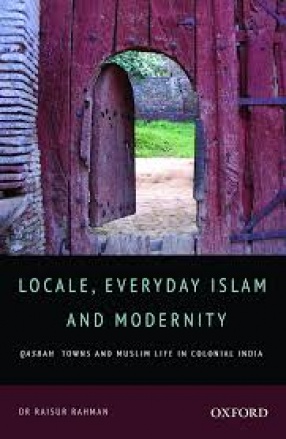
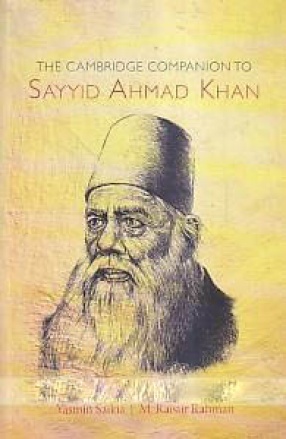
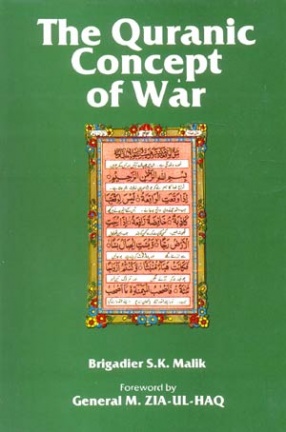
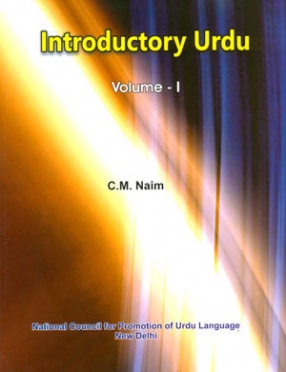

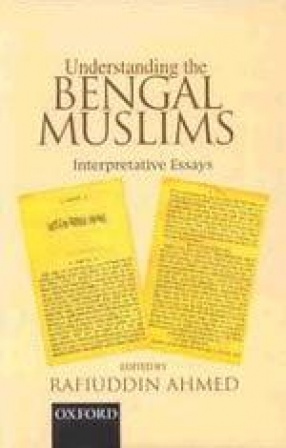

Bibliographic information